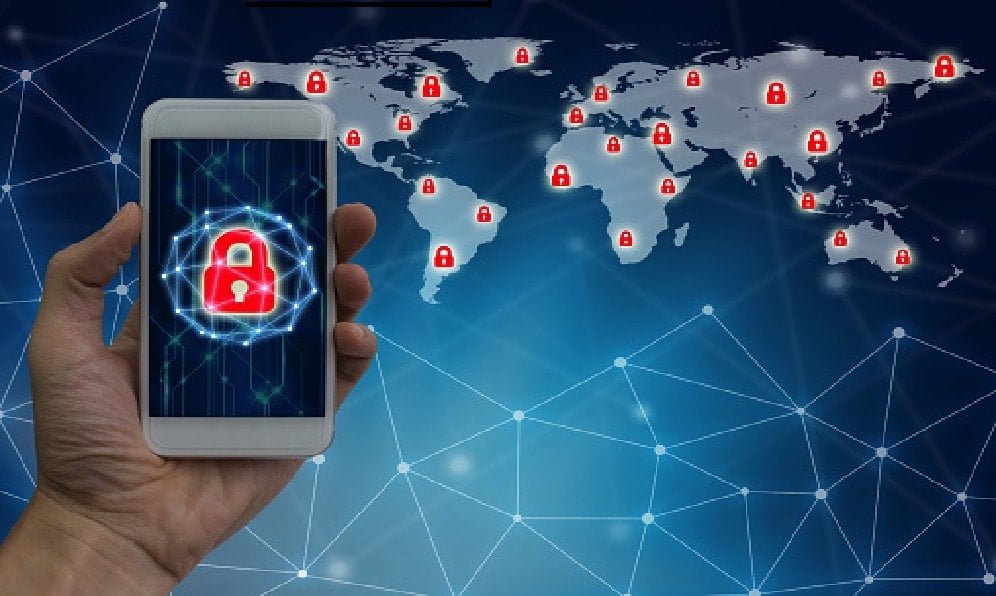Over 90% of organizations (89% in Spain) migrating to the cloud have implemented, are implementing, or are in the process of implementing, an architecture Zero Trust.
This is evidenced by reports from zscaler, The State of Zero Trust Transformation 2023. Where it is also highlighted that Only 22% of IT managers say they are “highly confident” that their organization is leveraging the potential of its cloud infrastructure.
“The presence of Zero Trust in today’s organizations is very encouraging: the level of implementation is increasing. But organizations can be much more ambitious. There is a tremendous opportunity for CIOs to educate business decision makers about zero trust as an enabler for high value businesses,” said Nathan Howe, Vice President of Emerging Technology, 5G at Zscaler.
Top Cloud Concerns
IT managers identify security, access, and complexity as their top cloud concerns, making a clear case for zero trust to overcome all of these barriers.
When asked about legacy network infrastructure and security, 54% (55% in Spain) said they believed virtual private networks (VPNs) or perimeter-based firewalls were not effective in protecting against cyber attacks or providing little Visibility to traffic and application attacks.
This reinforces the result that 68% (63% in Spain) agree that the transformation is safe cloud it is not possible with legacy network security infrastructure nor that ZTNA has clear advantages over traditional firewalls and VPNs for secure remote access to critical applications.
Lack of trust in the cloud
As we move towards zero trust, Zscaler has found that globally only 22% of organizations are fully confident they are reaping the full potential of their cloud infrastructure, so even if organizations have taken some solid first steps on their journey to the cloud, there are tremendous opportunities. to take advantage of the benefits of the cloud.
Regionally, the results are different, with 42% of organizations in America feeling very confident using their cloud infrastructure, compared to 14% of organizations in EMEA and 24% in APAC. .
Zscaler’s study reveals that 90% of companies have adopted the Zero Trust model, but still don’t know how to tap into its full potential
While India (55%) and Brazil (51%) lead at the country level, followed by the US (41%) and Mexico (36%), Europeans and Asians lack confidence. Sweden (21%) and the UK (19%) lead in Europe, followed by Australia (17%), Japan (17%) and Singapore (16%).
Other European countries lag behind: the Netherlands with 14%, Italy with 12%, France and Spain with 11%, and Germany with 9%. The difference between the leading country, which doubles to six times the level of trust in the cloud depending on the region, and the most lagging country, is an opportunity for training and skills development.
4 keys to take advantage of Zero Trust
Here are four top tips for organizations to take advantage of zero trust:
- Not all zero trust offerings are created equal: It is important to implement a true zero-trust architecture that is built on the principle that no user or application is naturally trusted. This begins with user identity validation combined with contextual data-driven enforcement of business policies to provide users, devices, and workloads with direct access to applications and resources—never the corporate network. This eliminates the attack surface so that threats cannot access the corporate network and move laterally, thereby enhancing the security posture.
- Zero Trust as a driver of business transformation and results: With increased levels of security, visibility and control, leveraging a comprehensive zero-trust architecture to remove complexity from IT operations and enable organizations to focus on driving better business results as part of their digital transformation initiatives and stay competitive
- Zero Trust in the Board of Directors: To align with an organization’s business strategy, CIOs and CISOs can leverage the findings of this study to help dispel fear, uncertainty, and doubt about what zero trust means and promote its full business impact.
- Trustless infrastructure as a foundation for the future: Emerging technologies should be seen as a highly competitive business advantage, and zero trust will meet the requirements for secure and efficient new-trend connectivity.

“Entrepreneur. Internet fanatic. Certified zombie scholar. Friendly troublemaker. Bacon expert.”







